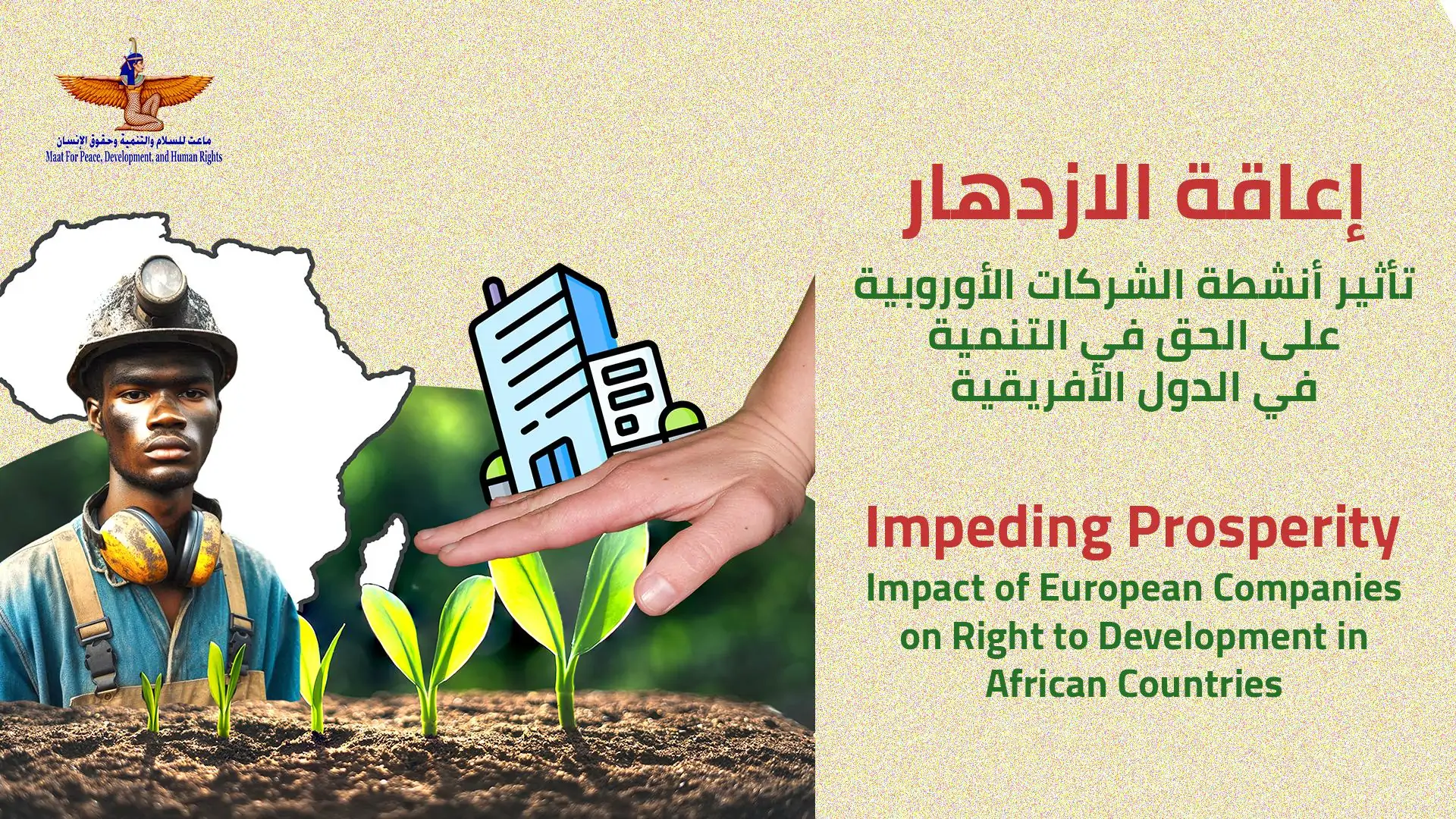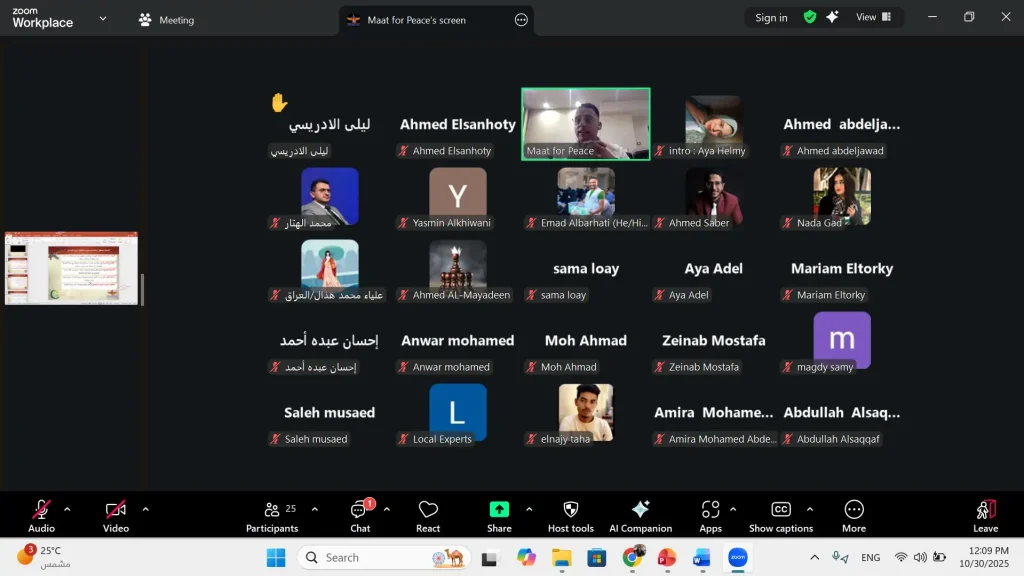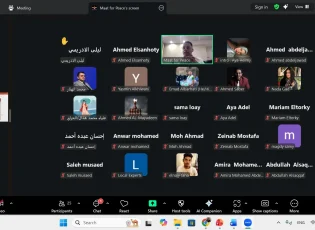Human rights are fundamental to sustainable development, and 2030 Agenda for Sustainable Development recognizes that inclusive and participatory economies and societies, where governments are accountable, deliver better outcomes for all, leaving no one behind. Declaration on Right to Development emphasizes Right of every individual and all peoples to free, active, and meaningful participation. UN Guiding Principles on Business and Human Rights set out the duty of states and private companies to ensure that business does not violate human rights.
However, in Africa, it does not take much effort to demonstrate the consequences of the activities of European multinational companies. The roles granted to transnational corporations and multinational companies are increasing, and these roles intersect with their contributions to national economies in Africa. These companies are integral to the flow of funds to and from developing economies, and their activities can be a double-edged sword, either enhancing or hindering Right to development. Right to development is defined in Article 1 of the 1986 Declaration on Right to Development as “a right that guarantees every human being and all peoples Right to participate in, contribute to, and enjoy economic, social, cultural, and political development in a manner that allows for the full realization of all human rights and fundamental freedoms.” From this definition, it is clear that Right to development encompasses three basic elements: participation in development, contribution to it, and enjoyment of its benefits. Additionally, it has four aspects: economic, social, cultural, and political development.
However, the activities of European companies, the focus of this study, often neglect the promotion of Right to development, prioritizing profit over assessing the risks faced by local populations. Approximately 6,000 of these companies invest in sectors such as mining, oil and gas exploration, and infrastructure projects like pipelines, transportation, and power plants. These operations have significant consequences for indigenous peoples and tribal and local communities in these areas.
Africa is home to approximately 30% of the world's mineral reserves, 12% of its oil reserves, and 8% of its natural gas reserves. The continent also possesses 40% of the world's gold and up to 90% of its chromium and platinum. Additionally, the largest reserves of cobalt, diamonds, platinum, and uranium are located in Africa. Beyond these resources, Africa contains 65% of the world's arable land and ten percent of its renewable freshwater resources. Despite this vast potential, it has not translated into meaningful development on the continent. Currently, there are 345 companies in Africa generating revenues exceeding one billion dollars annually, along with 20 companies reporting profits of over ten billion dollars. However, these profits have not benefited African continent. For instance, more than 50% of the population in sub-Saharan Africa still lacks access to electricity. According to African Union, there is still a $90 billion annual financing gap in African countries to meet energy access targets. Deaths from non-communicable diseases are also on the rise due to poor prevention, diagnosis, and care. For example, data from International Diabetes Federation shows that the prevalence of diabetes in Africa is increasing. The latest available statistics indicate that there are 44 million people aged 20 to 70 living with diabetes in 53 African countries; this number is expected to rise by 34% by 2030 and by 109% by 2045. The continent remains mired in multidimensional poverty. In sub-Saharan Africa alone, 556 million people live in multidimensional poverty, with 82% residing in rural areas. Thus, the continent's abundance of natural resources has not translated into wealth for African countries or into the development of their populations.
Under the principle of state sovereignty over natural resources, African states bear the primary responsibility for ensuring that these resources are managed for the benefit of their populations. According to Article 21 of African Charter on Human and Peoples' Rights, states have a duty to eliminate all forms of foreign economic exploitation, particularly what is referred to in Article 21 as international monopolies. However, at various times, African governments have been complicit with multinational companies in establishing projects that harm local populations and fail to promote Right to development of African peoples.
This study, prepared by Maat for Peace, Development and Human Rights on the sidelines of the 57th session of Human Rights Council, focuses on the impact of the activities and operations of European multinational companies on Right to development in Africa. It was prepared in conjunction with the interactive dialogue with the Expert Mechanism on Right to Development, the interactive dialogue with the Special Rapporteur on Right to Development, and the report of the Working Group on Right to Development.


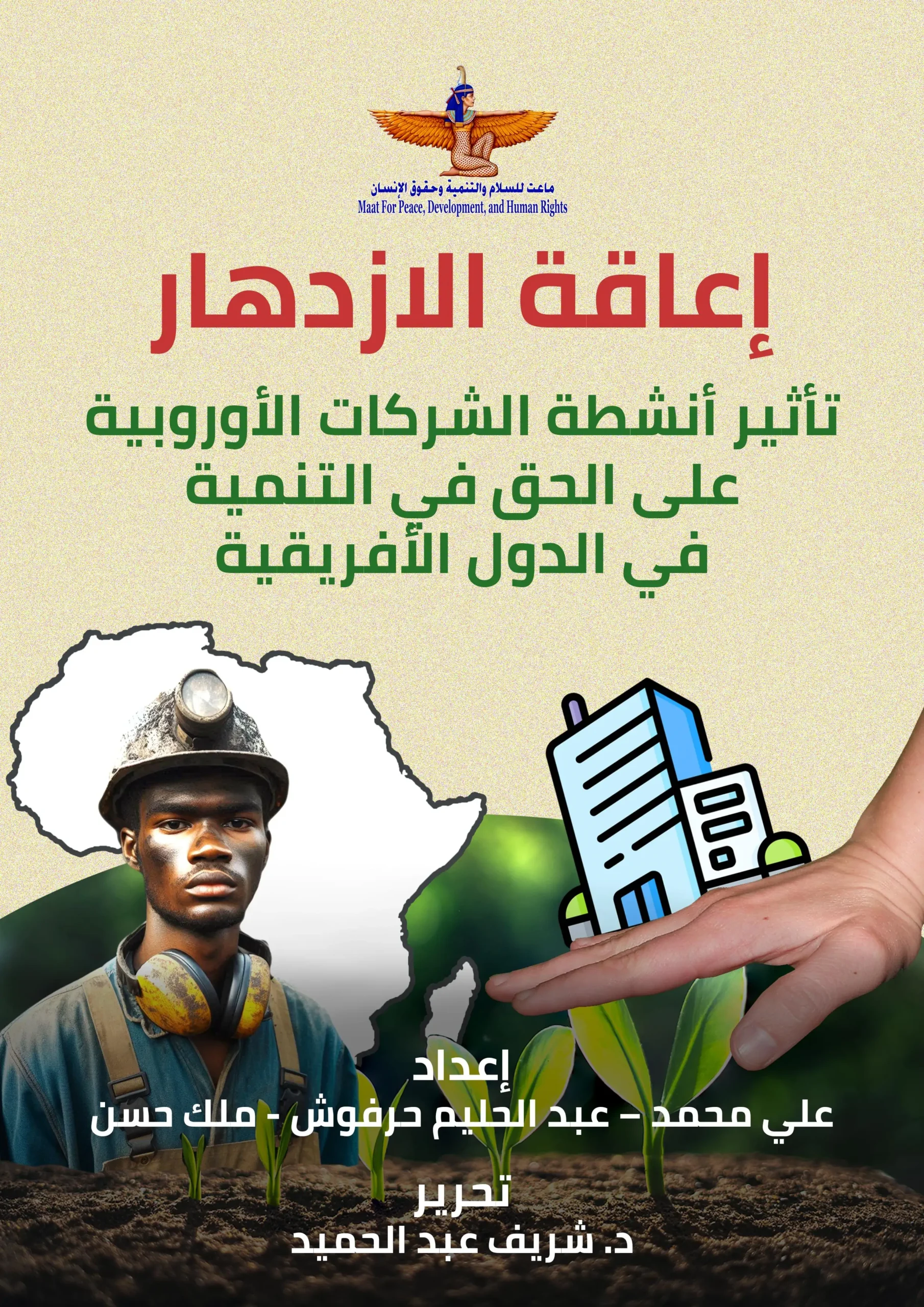 |
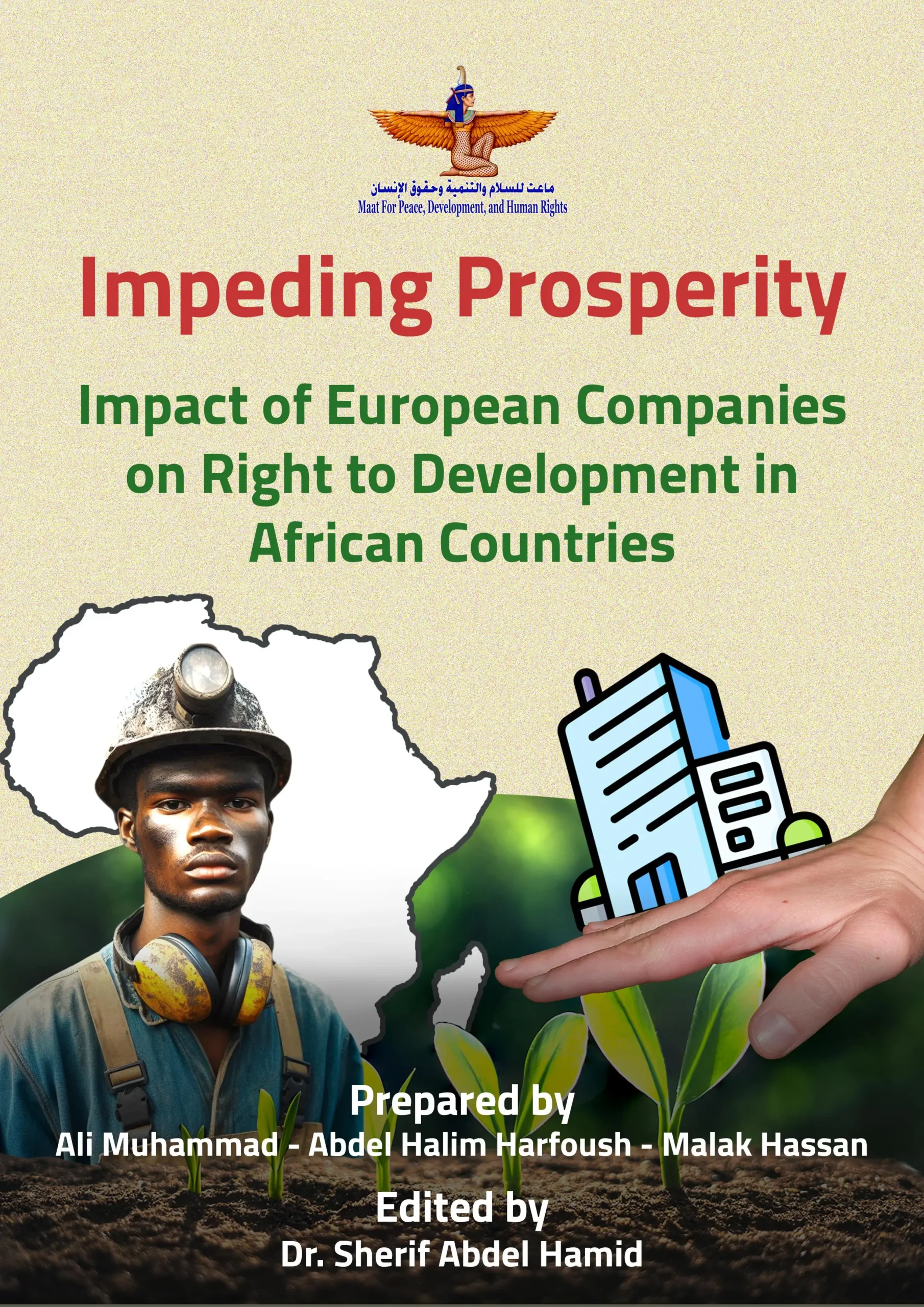 |
shortlink: https://maatpeace.org/en/?p=43278


